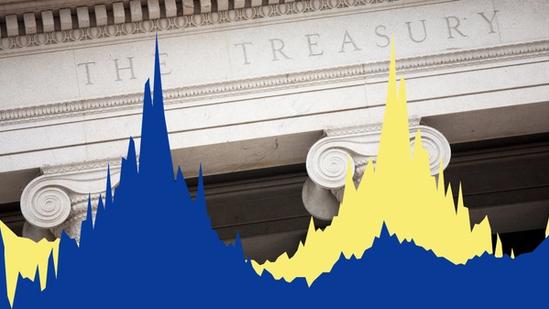Public vs Private Markets: Understanding the Key Differences and Benefits


Private market investments – investment opportunities not traded on stock markets, like private equity, private credit and real assets – have, over the long term, historically been shown to create good returns for investors.
- Private market investments can often yield higher returns and may benefit from hands-on management.
Over the past 25 years, the global private equity and venture capital industry has generated average excess returns of around 12.5% over the returns associated with 3-month Treasury bills, on an annualised basis.
Compare this to the annualised average excess returns of 7.3% and 7.5% for the S&P 500 and the Russell 2000 Total Return indices over the same 3-month Treasury Bills during the same period.
What are the benefits of private markets?

Source: Vanguard
Active management and value creation: Private market investment firms take a hands-on approach, actively managing their portfolio companies by implementing operational improvements, strategic changes, and growth initiatives. This might involve adding experienced leadership or finding new target markets and identifying acquisition opportunities.
Better insights: Private market investment firms often have specialised expertise in the sectors they invest in, allowing them to thoroughly research and understand the unique challenges and success factors within each industry. This deep industry knowledge enables them to select the right investments within a chosen theme.
Governance and control: Private equity managers typically obtain controlling stakes and board representation in their investments, enabling active oversight and strategic direction. This level of control, difficult to achieve in public markets, allows private equity managers to directly influence company decisions and implement strategic initiatives.
In addition, private equity managers often bring valuable professional networks and specialist teams to their portfolio companies, so they can guide long-term strategies, increase expertise, and enhance business relationships. Regular board involvement can improve operational efficiency and align executive compensation with the firm’s performance, creating a closer alignment of interests to drive better investment outcomes.
Use of leverage. Private equity firms can use leverage, or debt, to enhance returns on their equity investments. When leverage is applied to a profitable company, it can amplify returns for the equity holders.
This serves two main purposes. First, it imposes discipline on management by reducing excess free cash flows, thereby encouraging better capital allocation decisions. Second, private equity managers can optimize a portfolio company’s capital structure, often securing lower financing costs.
By leveraging their capital markets expertise and relationships, private equity managers can obtain more favorable financing terms and access to capital – advantages that a company might struggle to achieve on its own.
Longer investment horizon. Private market investment firms also benefit from a longer investment horizon, allowing them to make decisions without the pressure of short-term market fluctuations. This long-term view means strategies focused on sustainable growth rather than immediate gains. As a result, firms can pursue more comprehensive and potentially more rewarding investment strategies.

Source: Hamilton Lane
Larger opportunity set. The universe of private opportunities is vastly larger than public markets. There are more than 140,000 private companies globally with annual revenues above USD 100 million, for example, compared to just 19,000 public companies at the same revenue level.
This means more investment opportunities across various sectors and all stages of a company’s lifecycle – from early-stage startups to mature buyouts. This expanded opportunity set allows for greater selectivity and diversification, which can help spread risks and increase the potential for good returns.
Private for longer. And that opportunity set is getting larger because many more companies are now choosing to stay private for longer. The average age of a new public company jumped from 4.5 years in 1999 to more than 12 in 2020, and around 60% of unicorns (valued at over USD 1 billion as private firms) stay private for at least nine years.
The reason? For one, there’s been an increase in the regulation of public companies. Many management teams and shareholders are realising that they’re better off staying private for longer so that they’re less constrained in the way they grow. There is also a growing number of investors accessing private markets and are comfortable holding companies in a private format for a longer period.
For that reason, there’s a bigger universe of private companies than there’s ever been before – and more of the value creation is taking place away from the public markets.
Alignment of interests. Finally, the private equity model aligns the interests of fund managers and investors through performance-based fees, known as carried interest.
This incentivizes fund managers to focus on value creation, as their compensation is directly tied to the performance of their investments. This contrasts with the public market model, where fund managers may not have the same level of direct financial incentive to drive performance.
Private markets have experienced exponential growth over the last decade. Assets under management have jumped from just under USD 3 trillion in 2010 to USD 11.7 trillion in 2022. This growth reflects the increasing scale and credibility of private markets, providing businesses with diverse funding opportunities and the ability to stay private longer to tap into further value creation.
For investors, private market growth offers a compelling opportunity: a more diverse portfolio, the potential for greater returns, and investments traditionally accessible only to institutional investors.
Investors who limit themselves to public markets are accessing only a fraction of the investable universe, missing out on both diversity and opportunities for excess returns.
ThinQ is the must-bookmark publication for the thinking investor.



